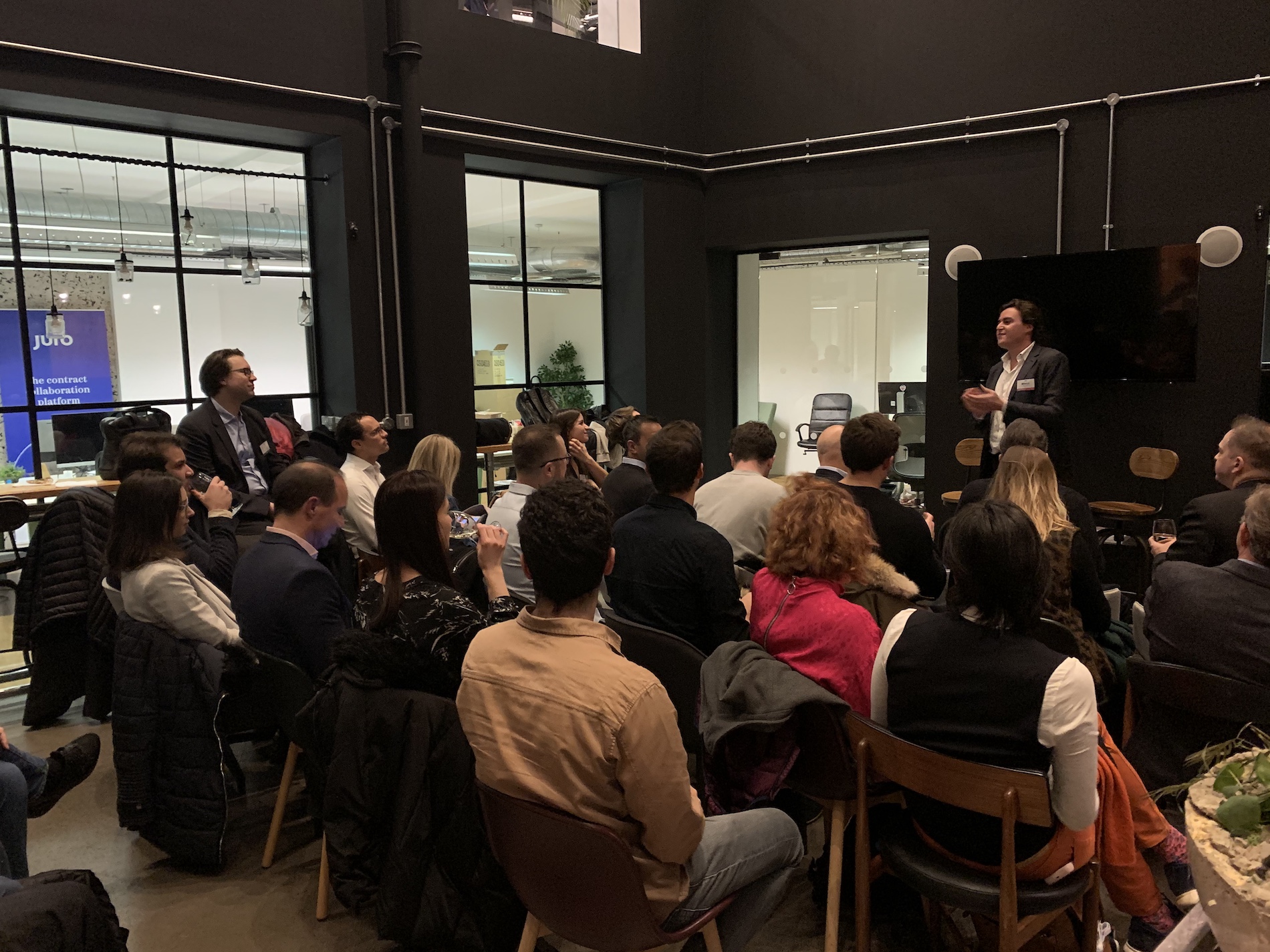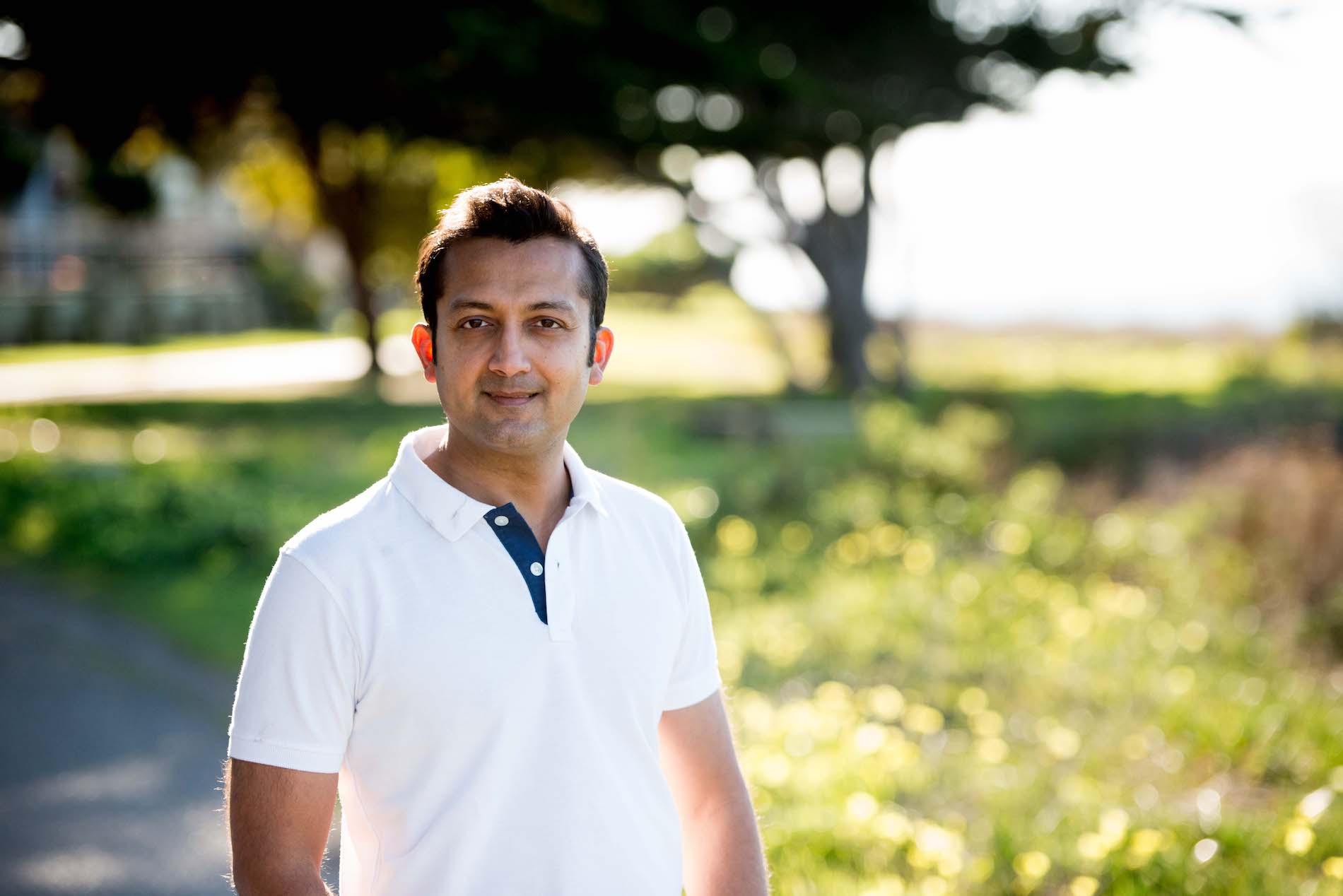
Trey Matteson, co-founder of Roadster, which was recently acquired by CDK Global for $360M, has always enjoyed solving problems collaboratively, so founding Roadster with a small, high-powered team was a good fit.
“I just really like getting stuff done and producing products. Having a small, highly motivated, flexible team is what gets me out of bed in the morning,” he says.
Matteson will present his thoughts on creating a successful lean startup at this year’s fnSummit, as part of a panel discussion with other entrepreneurs. He’ll talk about some of the key elements in creating a concentrated team, as well as how to work smarter and be more productive with fewer resources.
Roadster, which offers car dealers the tools to sell new and used vehicles online, initially sold new cars to consumers online, but pivoted to a SaaS business when the founders realized that offering dealers the benefit of complex software tools proved more lucrative. According to Matteson, the fact that the company was composed of a devoted, highly creative team helped make the pivot successful.
“I think there's just this natural thing with a smaller team. The fewer the people, the less meetings you have, the less hierarchy you need, the less things get lost.” - @foundersnetwork Share on X“Most of us had worked together before, so we had a lot of mutual respect underlying everything. I think there’s just this natural thing with a smaller team. The fewer the people, the less meetings you have; the less hierarchy you need, the less things get lost,” he says.
He adds that from the start, Roadster was focused on efficiency, taking a page from the agile playbook as they worked on “busting problems up” into tasks they could do incrementally. “We were always looking for the minimum viable piece we could ship, get feedback on, and iterate,” he says.
Building the right team
Matteson explains that the right team is crucial for lean startups. “We tend to prefer generalists as opposed to specialists. So especially at the start, and if you’re small, you can’t necessarily hire a security guy, an ops guy, and a database guy. Team members must be able to wear multiple hats,” he says.
He adds that a previous company he co-founded used an offshore team to solve some relatively simple, well-defined problems, but with Roadster, the needs were different. When it came to Roadster’s numerous data integrations and complex business process, as compared to typical e-commerce, it was important to be able to generate ideas and iterate with others in the same time zone.
“We tend to prefer generalists as opposed to specialists. Team members must be able to wear multiple hats.” - @foundersnetwork Share on XWhy I am a Heroku fan
Good technical choices are especially important when on a tight budget. For Roadster, the choice to use Heroku as a hosting service instead of AWS (Amazon Web Services) was key. Heroku functions as a kind of wrapper around AWS, allowing you to deploy in the cloud but with “fewer knobs” than AWS, making the process a lot simpler to manage. It offered the Roadster team confidence that their services were set up securely rather than having to make multiple choices.
Matteson says: “I’m a Heroku fan. We didn’t have a lot of high performance or traffic concerns. We’re not running gaming analytics. It also saved us quite a bit of money by not needing dedicated ops staff and helped keep our team small.”
“I’m a Heroku fan. We didn't have a lot of high performance or traffic concerns. We're not running gaming analytics. It also saved us quite a bit of money and helped keep our team strong.” - @foundersnetwork Share on XKeeping the architecture simple
The Roadster team also chose architecture that was “intentionally not exotic” even though its competitors invested in microservice architecture. Matteson explains that microservice architecture, which can assist the rapid, frequent delivery of large, complex applications, can also introduce a lot of unneeded complexity..
“We were definitely concerned about having modularity in our code. We didn’t want just like this big mudball that no one can keep track of, but I think a lot of people do the microservice thing, so they can break teams up to work on the services that have different deliverables. In a small team, we didn’t feel like we needed to start with that,” he says.
According to Matteson, building a profitable lean business is less about frugality at all costs and more about spending wisely, an approach he will discuss at fnSummit.
“I think we were willing to spend money where we thought it was smart, as opposed to spending extra time. So, if there was a service that could host a component for us, as opposed to our having to host it, we tended to make that trade-off,” he explains.
fnSummit, taking place from October 13-15, 2021, is an annual event where founders, investors and partners come together to explore the theme of growth. Located in a beautiful resort in California’s Carmel Valley, the event will offer participants a chance to network, share ideas and enjoy a variety of recreational and team-building activities.






